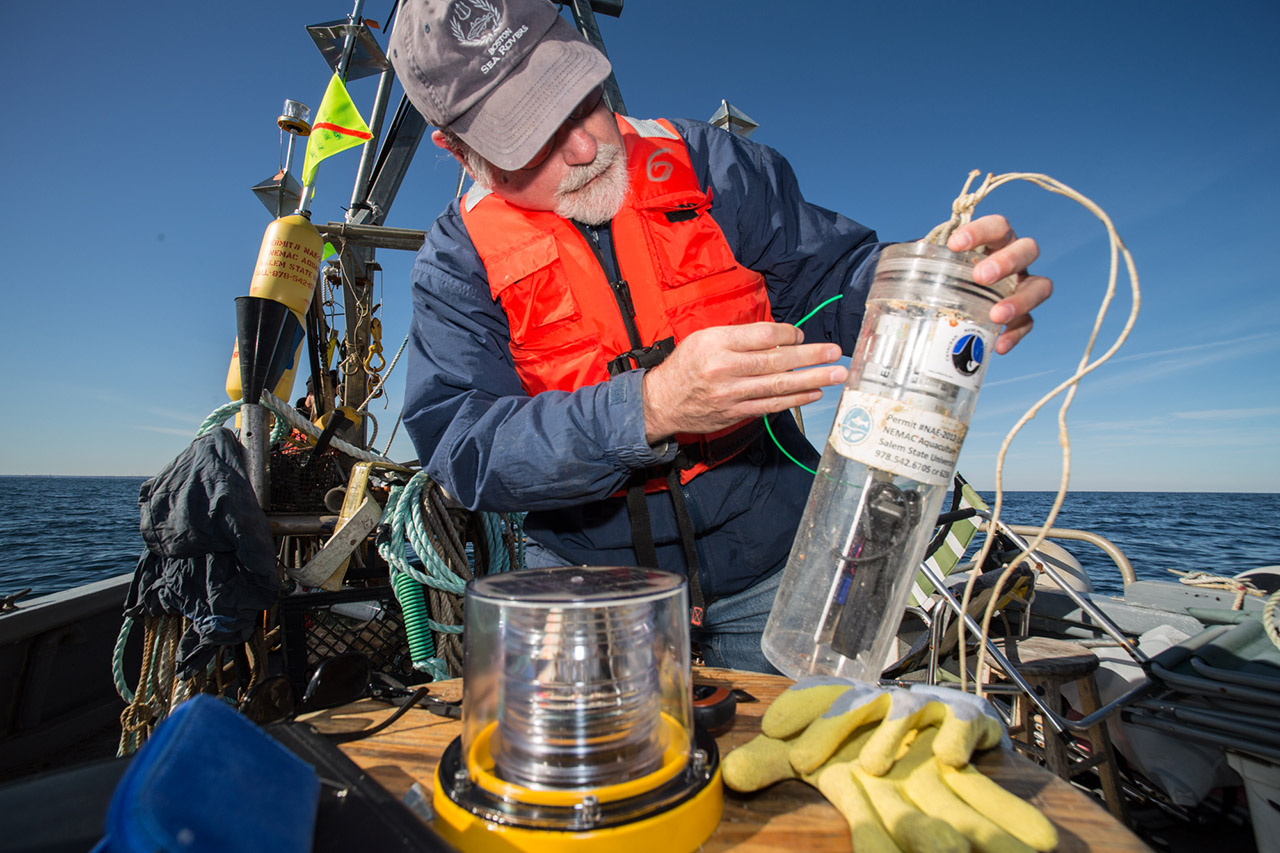Career Opportunities
- Reporter
- Public Relations
- Newsletter and Social Media Editor
- Lawyer
- Audience Engagement Editor
- Documentary Filmmaker
- Web Producer
Multidisciplinary Skills
- writing
- reporting
- research and analysis
- critical thinking
- visual storytelling
- social media
- interviewing skills
- digital skills
- shooting and editing
- production skills
Share
The digital communications revolution has affected all aspects of society, and there is strong demand from a wide variety of employers for graduates with knowledge and skills in a suite of relevant areas. The rise of social media has created a strong demand for persons who can tell compelling stories, engage with audiences, and leverage networks to achieve a variety of strategic goals. Beyond news media itself, large companies, NGOs, and the public sector increasingly are hiring digitally fluent persons to help guide them through this new world, where communications, storytelling, marketing, and audience engagement are all bound up together in a constantly changing and iterative process. Additionally, many academic and commercial research institutions have shown an increasing demand for digital media experts for internal and external communication of their research.
Anchored in the School of Journalism, the program is an interdisciplinary degree, partnering with faculty from both Art + Design and Communication Studies. Students will be able to gain sophisticated knowledge of well-developed literatures that can guide visual- and experience-related media practice and strengthen their data communication-oriented work through a broader theoretical knowledge of areas such as network science, cybersecurity, social psychology and communication. The MS in Media Innovation and Data Communication is also affiliated with multiple campus research entities, including the Co-Laboratory for Data Impact, the Center for Design, and the emerging Center for Communication, Media Innovation, and Social Change, allowing students to participate in valuable experiential and intellectual endeavors.
The MS in Media Innovation and Data Communication empowers media makers to think creatively about the future of media and provides training in the digital tools they need to thrive in today’s new media environment. Students will gain the skills to report, research, design and build multimedia, interactive and data-driven storytelling projects that clarify complex matters, explain processes, reveal insights, elucidate concepts and relate stories about newsworthy topics and the human experience.
The program will guide them how to:
- Articulate knowledge at the cutting edge of new media, data analysis and communication, and visualization.
- Explore, evaluate and create new formats, tools and ventures to investigate research questions through qualitative and quantitative methods in all stages of data collection, transformation, analysis, and communication in the service of multimedia storytelling.
- Use emerging technologies and techniques of information and data design; visual communication and cognitive science; data analysis and visualization; photography, documentary and visual storytelling; virtual reality, augmented reality and mixed reality; social media; computer science; and more.
- Add valuable insight to the conversation around new media and data storytelling through external engagement with the community driving media innovation.
- Evaluate and critique media products, platforms, and projects based on principles of democracy and equity, and on ethics, history, and cultures of media innovation.
- Examine the role of media technologies in practices of knowledge production and society.
- Drawing on scholarly literature, articulate arguments for relevant theoretical and critical positions that relate to issues of inclusivity, diversity, and social goods.
Learning Outcomes
- Describe, analyze, and critique the role of Journalism in a democracy (1st Amendment).
- Gather and use data for reporting & analysis.
- Collaborate with other news professionals in writing & production of news.
- Report & produce a story across a range of media.
- Identify patterns in media innovation & the evolving business dynamics of Journalism.
- Write focused, organized, literate, and accurate narratives using AP Style; when appropriate.
- Critically analyze visual information.
- Understand and apply ethical standards of Journalism.
The MS in Media Innovation and Data Communication is a STEM-designated degree.








